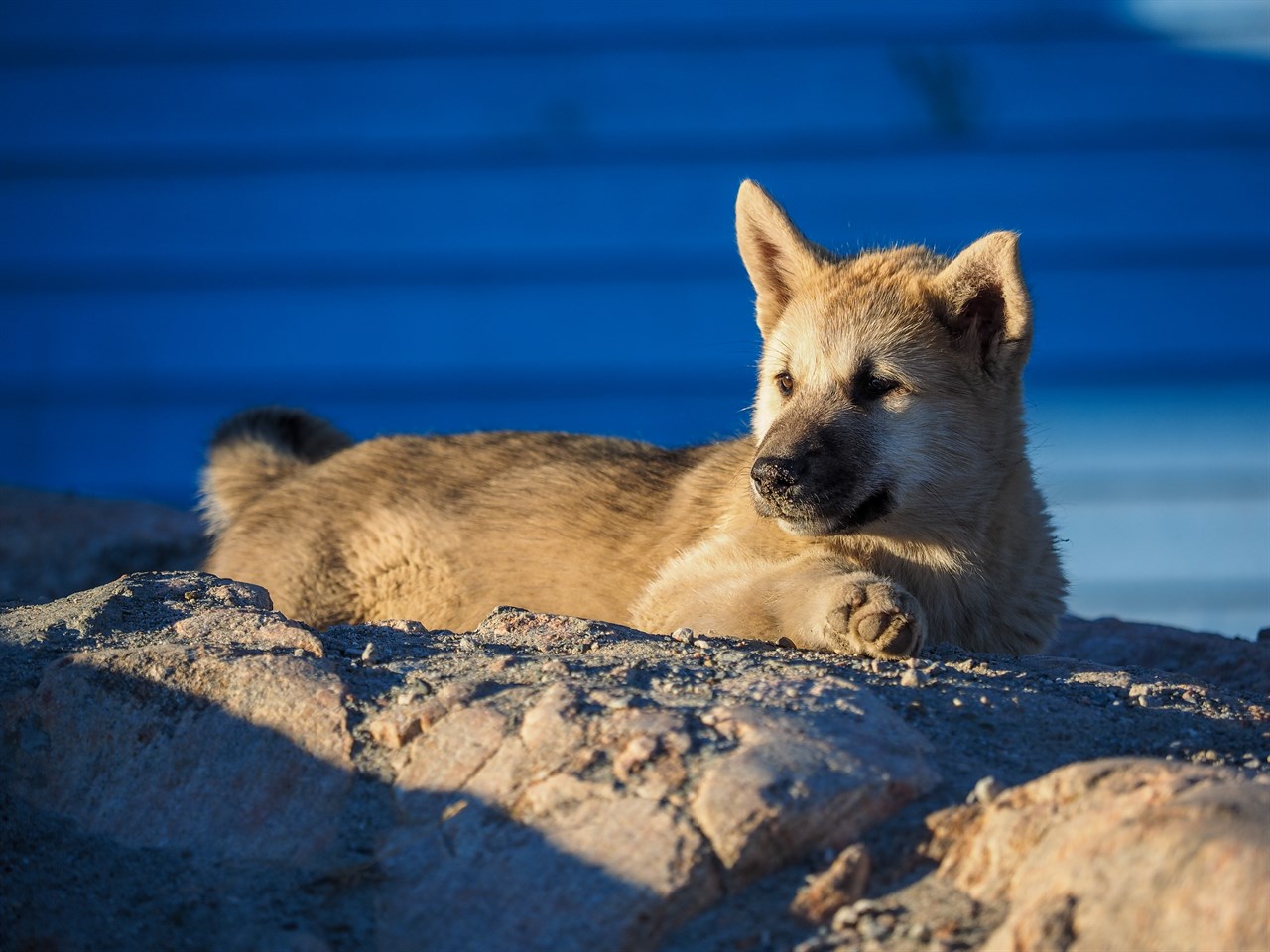Arctic Vigor: Navigating the Common Health Issues of the Greenland Dog

The Greenland Dog, shaped by the harsh Arctic climates and bred for endurance, is generally a robust and hardy breed. However, like all breeds, they may be prone to certain health issues. Understanding these common concerns is crucial for proactive healthcare and ensuring the well-being of these majestic Arctic companions.
Hip Dysplasia
Hip dysplasia, a hereditary condition, occurs when the hip joint doesn't develop properly. It can lead to discomfort, lameness, and arthritis. Responsible breeding practises, regular exercise, and maintaining a healthy weight can contribute to minimising the risk of hip dysplasia.
Progressive Retinal Atrophy (PRA)
PRA is a genetic condition affecting the retina, leading to gradual vision loss and eventually blindness. Regular eye check-ups and responsible breeding practises that screen for genetic disorders are essential in managing and minimising the prevalence of PRA.
Gastric Torsion (Bloat)
Greenland Dogs, like other deep-chested breeds, are susceptible to gastric torsion, a condition where the stomach fills with gas and twists on itself. This is a life-threatening emergency that requires immediate veterinary attention. Feeding smaller, frequent meals and avoiding vigorous exercise after meals can help reduce the risk.
Hypothyroidism
Hypothyroidism, a disorder of the thyroid gland, can affect Greenland Dogs. It may lead to symptoms such as weight gain, lethargy, and skin issues. Regular veterinary check-ups and monitoring of symptoms can aid in early detection and management.
Ear Infections
Their erect ears make Greenland Dogs prone to ear infections. Regular cleaning and inspection of their ears can help prevent infections. Ensure the ears are dry after bathing or swimming to minimise moisture-related issues.
Osteochondritis Dissecans (OCD)
OCD is a developmental condition affecting the joints, particularly in fast-growing large breeds. It can cause pain and lameness. Monitoring their growth, providing a balanced diet, and avoiding excessive exercise during growth stages can help prevent OCD.
What are the health issues with Greenland dogs?
Common health issues in Greenland Dogs include hip dysplasia, progressive retinal atrophy (PRA), gastric torsion (bloat), hypothyroidism, ear infections, and osteochondritis dissecans (OCD). Regular veterinary check-ups, responsible breeding practises, and proactive care can contribute to managing and minimising the impact of these health concerns.
Conclusion
While the Greenland Dog is generally a hardy breed, responsible ownership involves awareness of potential health issues and proactive measures to address them. Regular veterinary care, a balanced diet, and a supportive environment contribute to the well-being of these Arctic athletes, ensuring they continue to embody the strength and resilience of their Arctic heritage.
Greenland Dog puppies for sale
- Find Greenland Dog puppies for sale in ACT
- Find Greenland Dog puppies for sale in NSW
- Find Greenland Dog puppies for sale in NT
- Find Greenland Dog puppies for sale in QLD
- Find Greenland Dog puppies for sale in SA
- Find Greenland Dog puppies for sale in TAS
- Find Greenland Dog puppies for sale in VIC
- Find Greenland Dog puppies for sale in WA